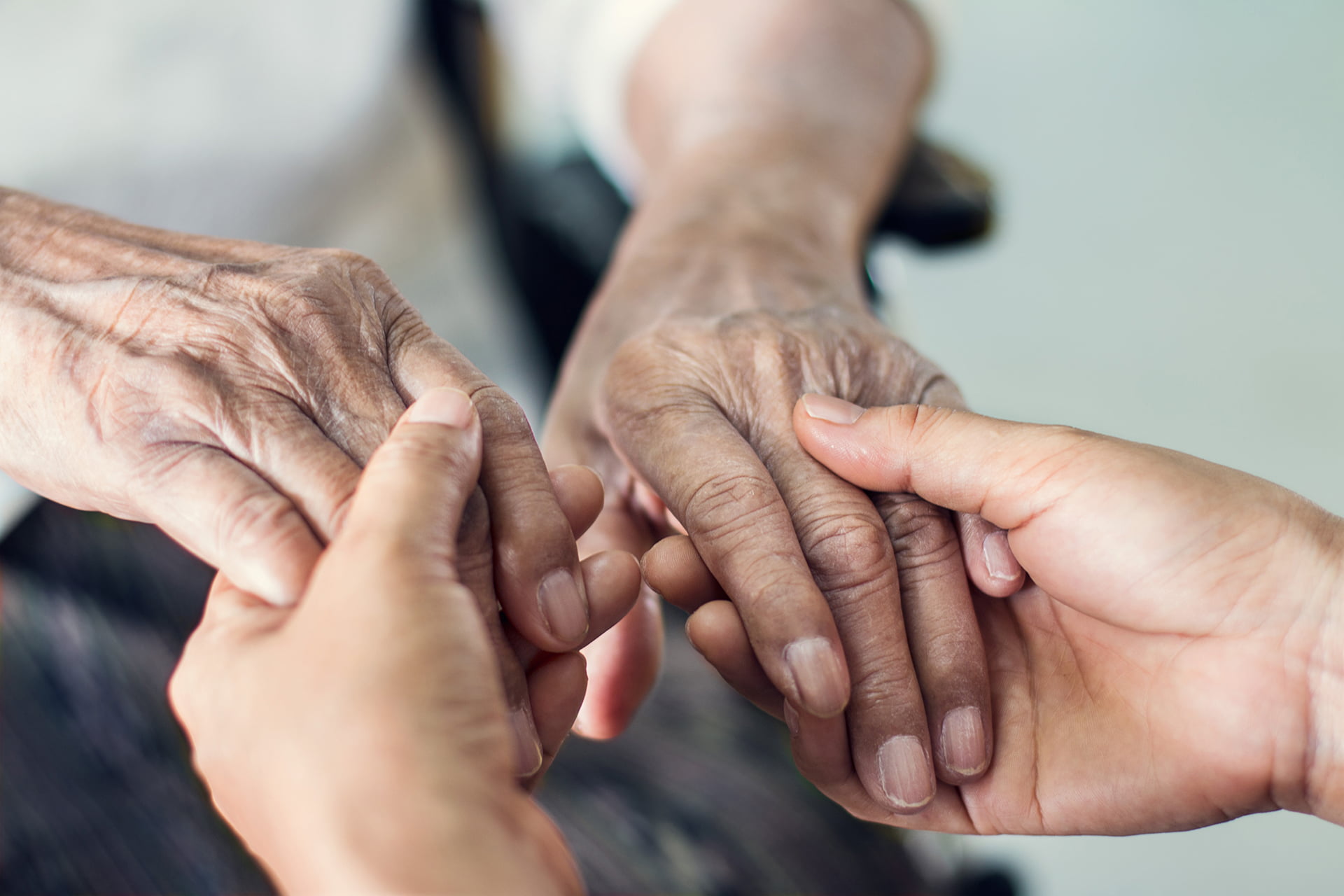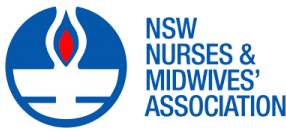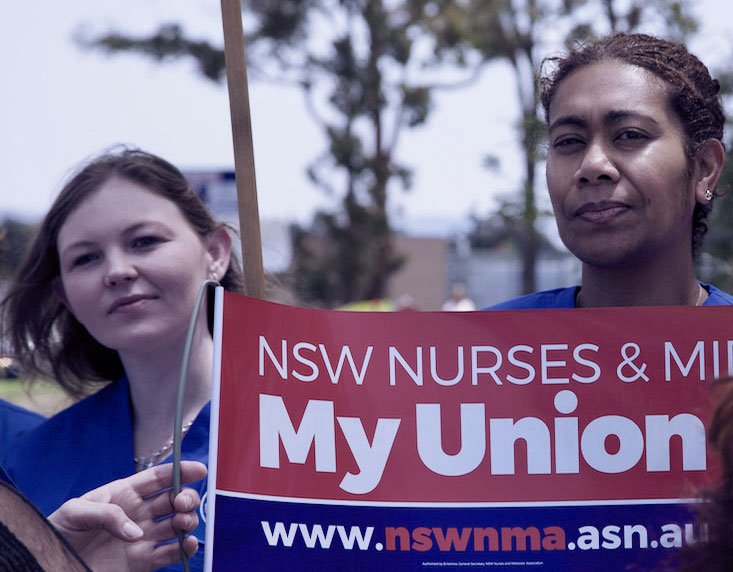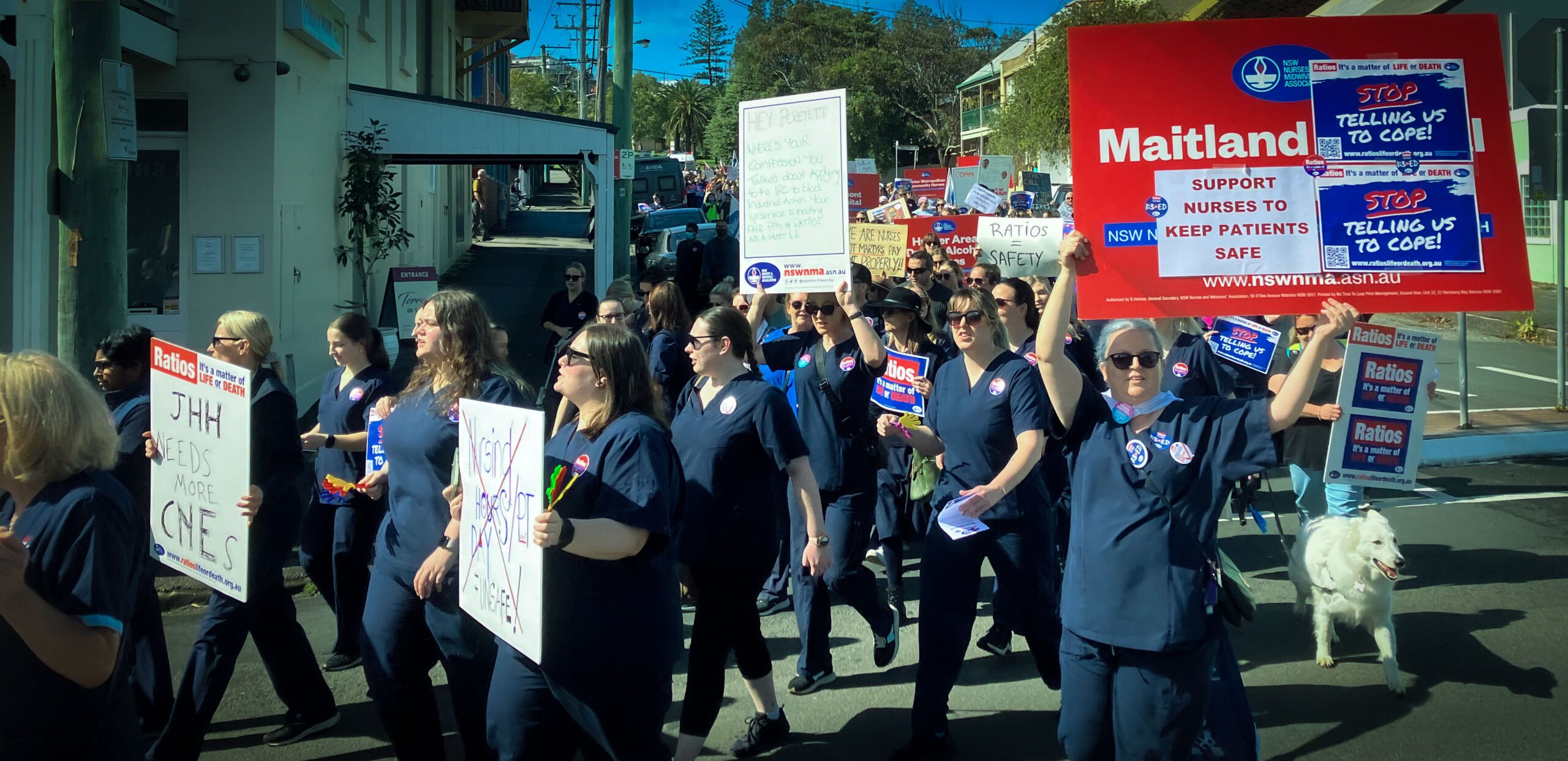The Earle Haven nursing home scandal is outrageous even by the low standards set by Australia’s aged care providers. However, it reflects the sad state of many aged care facilities.
On the day the Earle Haven nursing home on Queensland’s Gold Coast suddenly shut down, one registered nurse was rostered on to care for 68 residents.
This is not illegal or abnormal in Australian aged care.
Australia has no federal laws that determine how a non-government aged care facility should be staffed, or that even that one RN be on site at all times.
The Queensland Nurses and Midwives’ Union came out strongly after the Earle Haven closure.
At the QNMU’s annual conference, about 300 delegates unanimously called on the federal government to act immediately to address issues arising from the scandal (see box).
“Tens of thousands of elderly Australians reside in private aged care facilities. It is currently not illegal to leave elderly residents without an RN overnight or during the day,” said QNMU Secretary Beth Mohle.
“If issues in Australia’s private aged care industry aren’t addressed now, elderly Australians will continue to die prematurely,” Beth said.
“They will continue to experience unnecessary pain and suffering due to chronic understaffing.
“The federal government needs to act now to protect elderly Australians everywhere.”
Led by the national Australian Nursing and Midwifery Federation, nurse unions have repeatedly called on the federal government to put in place safe staffing ratios in Australia’s estimated 2000 non-government
aged care facilities.
Federal government has power to make changes
Unions also want to see public reporting of how taxpayers’ funds are spent, staff numbers and skill mix at individual facilities and any adverse incidents that result in resident injuries, illness or deaths.
“The federal government has the power to make these changes but has repeatedly refused to do so,” Beth said.
“The public need to be aware this (Earle Haven’s sole RN) is not a shocking number; this is business as usual for Australian private aged care.”
She said the Earle Haven crisis smashed the notion that Australia’s private aged care facilities were staffed like public hospitals or managed by health experts.
“At Earle Haven we saw off-duty nurses and other staff rush to the facility to be with their elderly residents when this crisis occurred.
“This was a crisis not of their making, but once again vulnerable residents and hardworking staff bore the brunt of critical flaws in the regulation of aged care.
“Earle Haven nurses, and aged care nurses and staff throughout Queensland and Australia, should be commended for their efforts.
“Not only do they receive up to $300 less each week than their colleagues in the public hospital system, but they return to work day in and day out in a system that overloads them to breaking point and then blames them when something goes wrong.”
Beth said there would be public outcry if Australian child care centres operated the same way.
Secrecy over taxpayer subsidies
There is no public reporting of how private aged care providers spend the massive taxpayer funds they get.
Private aged care providers often cry poor, said QNMU Secretary Beth Mohle.
She said the nation’s approximately 900 aged care providers receive around $18 billion in federal taxpayer funds every year.
They also receive a deposit of up to $500,000 per resident and up to 80 per cent of each resident’s pension, or up to $800 per resident, per fortnight.
“They do not have to publicly report how a single cent of taxpayer or resident funds are spent or ensure that funding is spent on direct care for residents,” Beth said.
“In the 2015/16 financial year, Australian aged care providers received more than $16.2 billion in federal funding.
“In the same financial year, they reported profits of more than $1.1 billion.”
Residents ‘treated as commodities’
The QNMU’s annual conference condemned the management of Earle Haven nursing home for its “abandonment of residents and staff and the significant failure of their duty of care”.
A conference resolution said the incident showed the “woefully inadequate” aged care regulatory framework in Australia.
“Opaque contractual arrangements present significant additional risks and fundamentally fail to meet community expectations around transparency and accountability,” it said.
At Earle Haven, frail elderly residents had been “treated as commodities, rather than with the dignity they deserve”.
“Action is required now to address the flaws in the regulation of aged care in Australia highlighted by the Earle Haven closure and we cannot wait until the current Royal Commission into Aged Care provides its final report in April 2020 to take action to prevent future such disasters.”








